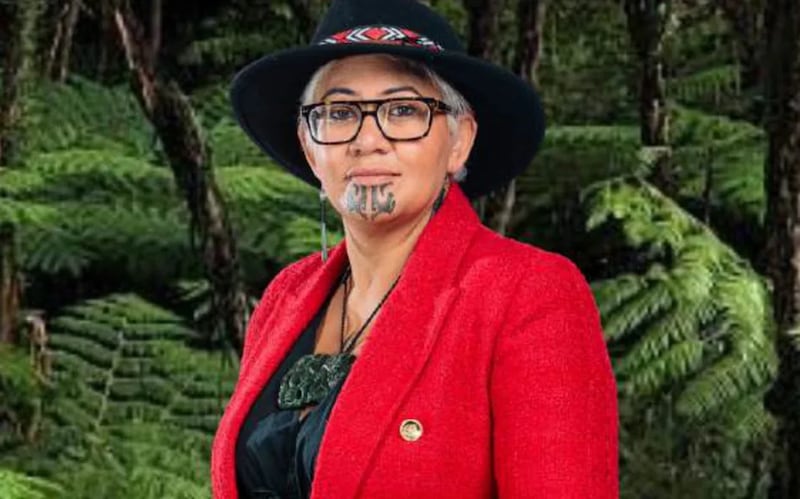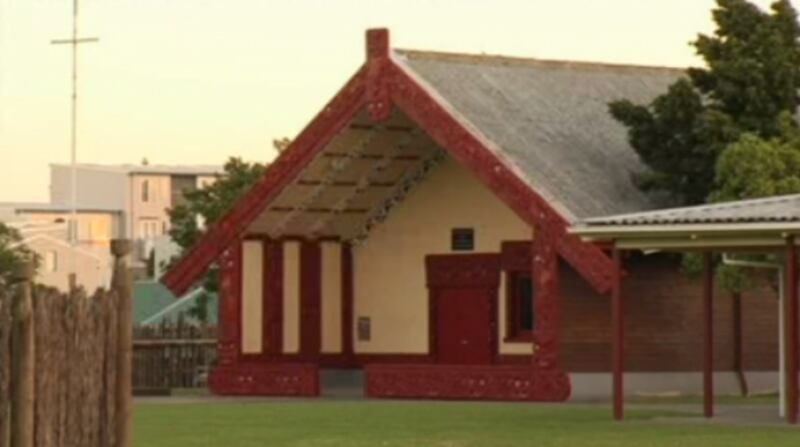The race for the highly contested Tāmaki Makaurau Māori electorate is set to begin following the sudden passing of Te Pāti Māori MP Takutai Tarsh Kemp on 26 June 2025.
Kemp won the seat in 2023 by a slight margin of just 42 votes, setting the stage for what is expected to be another close contest between Labour and Te Pāti Māori as they vie for influence in Auckland’s diverse and youthful Māori electorate.

Tonight, Te Pāti Māori members will gather at Hoani Waititi Marae in West Auckland to select their candidate for the by-election.
Publicly known nominees include former broadcaster Oriini Kaipara, who announced her intention to seek the party’s nomination earlier this week, and Te Kou o Rehua Panapa, who worked for Kemp before her sudden death late last month.
The party is expected to confirm its candidate tomorrow following the hui.

Labour’s nomination process is also underway, with a strong likelihood that Peeni Henare, who narrowly lost the seat in 2023, will be standing.
The Green Party has yet to announce whether it will stand a candidate in the by-election. While the Greens frequently contest Māori electorates to elevate their profile and policies and to connect with voters, they have yet to secure a win in any Māori seats.
The Prime Minister has not yet announced a date for the by-election. However, with the Speaker officially declaring the vacancy on 9 July, the writ must be issued by 30 July, meaning the vote could take place as late as 13 September.
Tāmaki Makaurau – A Young Electorate
Political commentator and academic Dr Lara Greaves says the by-election is less a referendum on the Government and more of a direct face-off between Te Pāti Māori and Labour.

“It’s going to be a head-to-head, not necessarily about how the Government is performing,” she said. “It’s a race between parties that have long been active in Māori electorates.”
The Tāmaki Makaurau electorate stands out for its young population, with a median age of 27, significantly lower than the national average.
“By-elections tend to have really low turnout, what will matter is who can mobilise their voters. Tāmaki Makaurau has a relatively young voter base.”
She noted that the electorate’s urban and diverse demographic is a natural fit for Te Pāti Māori’s brand.
“It’s a key electorate for them. It aligns with their base, younger, urban Māori who are proud of their identity and often politically engaged.”
If Te Pāti Māori retains the seat, they maintain their current six MPs. If Labour wins, Georgie Dansey is expected to enter Parliament via the list.
Greaves adds that while the immediate impact may be limited, the long-term implications, particularly heading into the 2026 general election,n are significant.
“Incumbents tend to have an advantage going into general elections. So if Te Pāti Māori holds the seat, it could become a more solid electorate for them over time.”
She also pointed other considerations are likely to influence campaign decisions, particularly for Labour, the sudden death of Takutai creates a unique and sensitive situation.
“There are questions around how you honour her legacy. Do you step aside out of respect? If you do run, how do you do that respectfully? People will speculate on what Kemp herself would have wanted, but ultimately, it’s a decision Labour will need to make very carefully.”
Ultimately, says Greaves, this by-election is about much more than just numbers, and there will be a focus on how the race is run.
“There’s a lot around respecting those who’ve passed, and striking the right balance between politics and humanity.”



